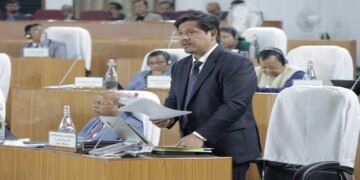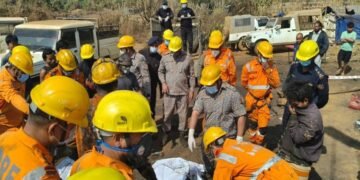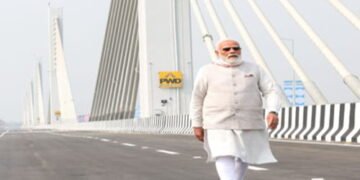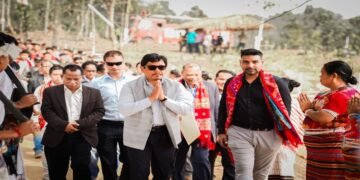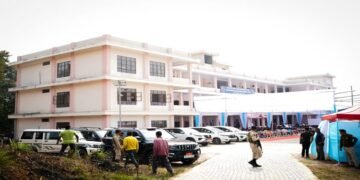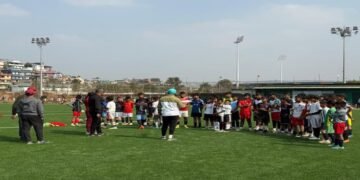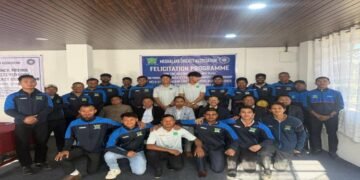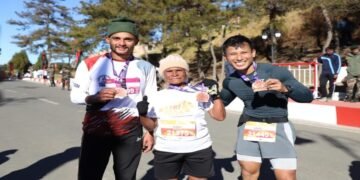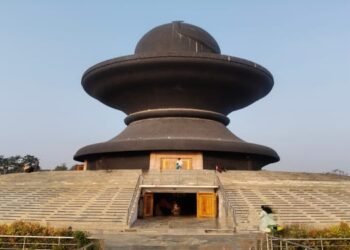By Salil Gewali
Just about two weeks back I was coincidentally confronted with the most contrasting situation in a market. On the one hand a crowd of people jostling in front of a wine store, but on the other hand one woman standing near the bookstall which was closed. On my inquiry, she informed that she was looking for a particular physics book for her daughter appearing for Class-12 exam. I noticed a clear feeling of distress overwhelming her since she could not find the book. Having seen the rush at the nearby wine store for bottles of liquor and herself not finding a copy of the book for the daughter appearing the exam must have made the lady think what is quite unthinkable.
A question that may have crisscrossed her mind could be why there is no restriction on wine stores — which has taken a heavy toll on our youths, but a restriction on opening the bookstall. Can we wish away this disgraceful situation standing on the high pedestal of the 21st Century? I am quite bewildered. Something must be amiss so far as “setting the priority” is concerned.
Incidentally, all kinds of academic proficiencies, all kinds of developmental activities and modern advances achieved only because we and our forefathers read and studied the great books. They read great “works” of Pythagoras, Aristotle, Marshal, Leibniz, Milton, Faraday, Pasteur, Newton, Dalton, Hegel, Engels, Ramanujan, Dickens, and so on and so forth.
So, needlessly to say, for knowledge our children now entirely depend upon academic institutions and the prescribed textbooks. But, due to COVID-19, the schools/colleges are almost closed since over a year. Should we now “deprive” our kids of textbooks as well? Come on, let’s cudgel up our brain. Let’s be more pragmatic. What could be likely if our school-going children “remain idle” at home for a longer period of time without books. Usually, either they will while away their time playing addictive games or watch frivolous entertainment programs on TV which may not be very healthy to their tender minds.
If the government can consider allowing the hardware shops to open during the containment period why not they consider allowing the bookstalls as well to open to cater to the considerable needs of students in the state —- of course, under the strict enforcement of Covid norms. This will doubtlessly keep our children off many “harmful indulgences.”
Moreover, why do we have to limit ourselves to the only idea of construction of new concert buildings and roads and to accelerate urbanization for development? What is more important for the government is to work out the policies that will help encourage our children to “construct” their better minds and improve their “mental ecology”. For our better tomorrow, we need to educate them in every possible way. Come what may, the government/parents must be extra careful and make sure that the lockdown isolation is not adversely affecting the mindsets of our kids. Due to idleness, they are more likely to fall prey to various wrong habits due to peer pressures. Why don’t we ever think about these inevitable realities. Is the increasing cases of “drug addiction” and alcoholism among our youths not the bigger challenge to the state?
Here I recall a beautiful quote by a famous American journalist Margaret Fuller — “ Today a reader, tomorrow a leader.” Very true indeed! Great readers usually emerged as great figures in the future. If each of our individual authorities in the helm of affairs harks back, everything appears like an open book. They all had put “utmost efforts” to read their books for knowledge resulting which they are in the higher positions now. Therefore, to my mind, “books are as essential as food to our body. They alone can effectively nourish the minds of our children. There are many interesting anecdotes in which Einstein, Edison and Pascal have forgotten their food but they have never forgotten to read in the “good” books. Good books and sports can alone lure children away from bad habits and wrong influences.
(Shillong-based writer and researcher, Salil Gewali is best known for his research-based work entitled ‘Great Minds on India’ which has earned worldwide appreciations. Translated into Twelve languages, his book has been prefaced by a world-acclaimed NASA Chief scientist – Dr. Kamlesh Lulla of Houston, USA.)


